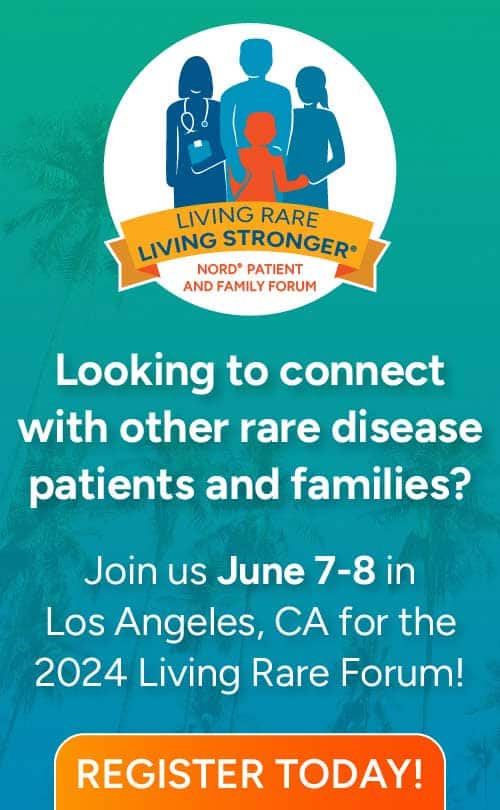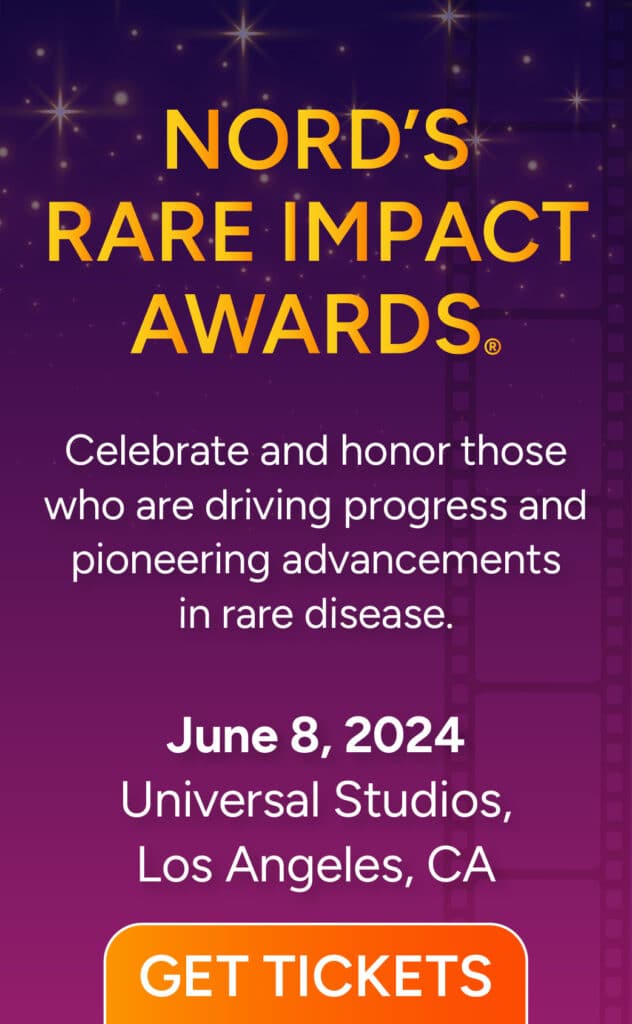National Organization for Rare Disorders Submits Comments in Response to Congressional 21st Century Cures Initiative “Call to Action”
The National Organization for Rare Disorders (NORD) has submitted comments to the Congressional 21st Century Cures initiative outlining nine steps to promote the development of treatments and cures for the 30 million Americans with rare diseases.
NORD’s recommendations were submitted in response to “A Call to Action” published by the U.S. House Energy and Commerce Committee seeking input from patient advocates and others on the current state of biomedical research and therapeutic innovation, and how Congress may help to advance it.
“We see 21st Century Cures as an extremely important initiative for Americans with rare diseases,” said NORD President and CEO Peter L. Saltonstall. “It builds upon other significant recent actions by Congress including the FDA Safety and Innovation Act and the National Pediatric Research Network Act, both of which NORD strongly supported.”
Saltonstall said the comments submitted by NORD in response to the Call to Action represent “a starting point for NORD’s policy recommendations in what will be an ongoing and very important conversation.”
Rep. Fred Upton (MI), chair of the House Energy and Commerce Committee, and Rep. Diana Degette (CO), a member of the Committee, recently announced the launch of 21st Century Cures to accelerate the pace of cures and medical breakthroughs in the U.S. The Committee plans to take a comprehensive look at the research process “from discovery to development to delivery” to identify how best to translate scientific progress into innovative and effective treatments for patients.
NORD — a nonprofit organization representing all Americans affected by rare diseases — is encouraging its more than 200 member organizations, which serve patients and families with specific rare diseases, also to take an active role in the 21st Century Cures conversation.
While the pace of progress has been accelerating in recent years, most people with rare diseases still do not have treatments specific to their disease. Of the approximately 7,000 diseases considered rare in the U.S., only a few hundred have treatments approved by the U.S. Food and Drug Administration.
A disease is defined as rare in the U.S. if it is believed to affect fewer than 200,000 Americans. Approximately 30 million Americans have rare diseases. NORD provides advocacy, education, research and patient services on behalf of those patients and their families.
The full text of NORD’s white paper is available on rarediseases.org. The specific recommendations are:
- Reinstating the Orphan Products Board established in the Orphan Drug Act of 1983
- Establishing an Office of Clinical Trial Design within the NIH National Center for Advancing Translational Sciences (NCATS)
- Establishing an Office of Clinical Endpoints within NCATS
- Federal incentives to increase knowledge of rare diseases among physicians in training
- Establishing a Rare Disease Ombudsman within the Department of Health and Human Services (HHS)
- Ensuring access to orphan therapies by addressing prohibitive cost-sharing structures within both public and private health plans
- Reforming the Institutional Review Board (IRB) system for assessing new therapies
- Creating an “Orphan Protected Class” within the Medicare Part D Program
- Establishing clearer federal policies with regard to off-label use of drugs and the issuance of information about those uses



